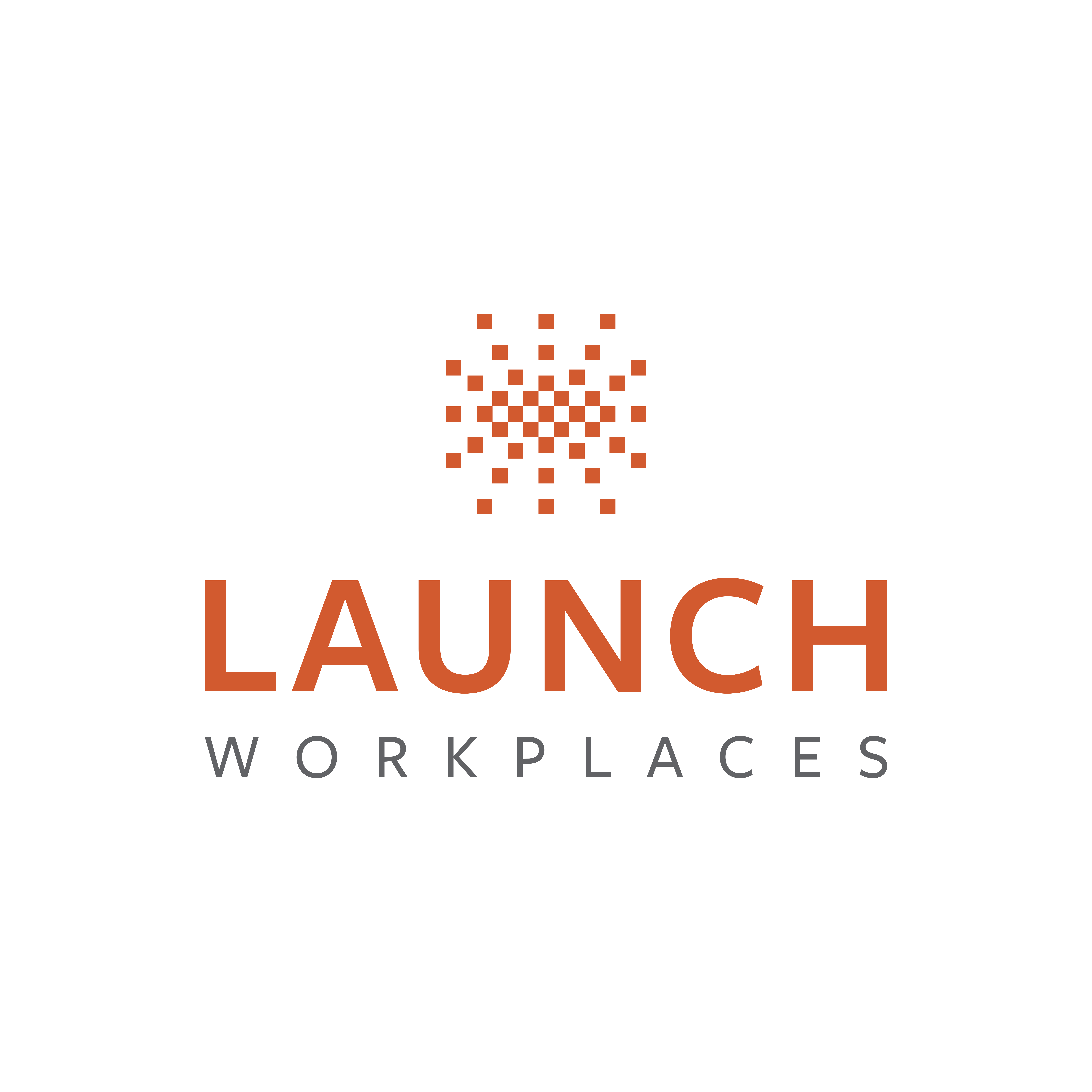You know the saying: “teamwork makes the dream work!” And we know what you’re thinking. The expression itself is a bit of a cliche and might even make you cringe a little bit.
But the sentiment behind the expression has merit. Research has found that 75% of employees regard collaboration skills as being important, which is probably why they’re listed in the top four most important skills for employees’ future success.
But what exactly are the core collaboration skills and how can they be developed?
What Are Collaboration Skills?
In the simplest of terms, collaboration skills are what allow you to work well with others. By extension, collaboration skills empower a group of people with unique or complementary expertise to organize and delegate their efforts in order to achieve a common goal.
In the words of Aristotle, “the whole is greater than the sum of its parts.” That theory can be applied to why collaboration skills are so important.
7 Types of Collaboration Skills
Collaboration is multifaceted. There’s a lot that goes into doing it effectively. Whether you’re a solo pro working from a coworking space or the leader of a team at a multinational organization, if you want to ensure success in collaborative situations, focus on honing these seven primary collaboration skills.
1. Active Listening
Sometimes as professionals, we don’t really listen to each other. Instead, we just wait for our turn to talk. Strong collaboration requires active listening to ensure everyone’s on the same page and understands one another. You can exercise this by:
- Striving to Learn: Approach conversations with the goal of learning rather than informing.
- Avoiding Multitasking: Give your undivided attention to the person who’s speaking. Don’t multitask. Stay present in the conversation.
- Drilling Down to the Details: Proactively ensure you’ve got all the details. Ask direct, specific questions that focus on the conversation–things like, “How did you come to this conclusion?” “How would this work?” Or “Tell me more about…”
- Summarizing and Fact-Checking: Reiterate points to commit them to your memory. Fact-check things you feel unclear on or don’t understand. Follow up on points they’ve made to ensure you’ve got it right.
2. Communication
Your ability to effectively communicate with your colleagues is another key collaboration skill.
This means knowing how individual team members communicate most comfortably and ensuring you have systems in place to accommodate them.
For example, some people might not feel as comfortable speaking in groups, so make sure you have secondary opportunities for them to chip in their two cents, such as by email or through direct messaging. This way, your most outspoken colleagues won’t dominate the process.
True collaboration requires everyone to be able to contribute.
It also means making sure that you’re able to clearly and calmly articulate your feelings, thoughts, and expectations.
Strong verbal and written communication are key collaboration skills.
3. Adaptability
Collaboration can be a bumpy process and, in many instances, collaborative projects don’t go in a straight line.
That’s why your ability to adapt, pivot, and rethink your approach is foundational in successful collaboration.
When things go wrong, try to remove emotion from the situation. Gather your team, assess the challenge, evaluate it objectively, and brainstorm a new solution together.
It can be easy to throw in the towel when things get tough but it’s critical that you learn to be a cool, calm, and collected collaborator.
4. Big-Picture Thinking
If you miss the forest for the trees, you’ll never succeed in a collaborative environment.
That is to say, collaboration requires that each member of the team is able to understand the bigger picture of what they’re collectively striving for. In doing so, they’ll be able to comprehend and appreciate how their own contributions and actions, as well as those of their colleagues, support the team’s ability to achieve the common goal.
To make sure your colleagues see the big picture, the overarching goal and desired outcome of your group’s collaboration should be reiterated clearly and frequently.
5. Healthy Debate
The act of collaboration isn’t always based on being friendly, per se. Sometimes, the best collaboration comes from healthy debate.
The keyword here is healthy.
When you’ve got a team full of people with unique experiences, opinions, and expertise, disagreement can actually be productive. By contributing their own perspectives, it can trigger ideas and new ways of thinking about things when it might not have otherwise happened.
How do you ensure a debate is healthy?
It should be constructive rather than combative. Questions and challenges should come from a place of curiosity and exploration, not putting people down or asserting dominance.
Debates should be monitored, moderated, and quelled if they begin to become counterproductive.
6. Delegation, Goal Setting, and Evaluation
When you’ve got a group of people working together for a common goal, accountability is key.
Part of this comes from big-picture thinking. But it also has to be reinforced by defined goals, quantifiable metrics for success, and preset means of evaluating them.
Make sure everyone knows who’s responsible for what, when their deliverables are due, how they impact the rest of the team and the project as a whole, and what success looks like for any given task.
7. Playing to Individual Strengths
The most effective collaboration is rooted in a clear understanding of each team member’s specific strengths and expertise.
When you have a deep understanding of the unique value that each person brings to the table, the team can be more effectively mobilized to achieve a goal, making the entire process more collaborative.
In almost any professional role or work environment, you’re likely to encounter a scenario where some level of collaboration is needed. And by mastering these seven collaboration skills, you’ll be better equipped to meaningfully contribute to the success of the project or goal.



